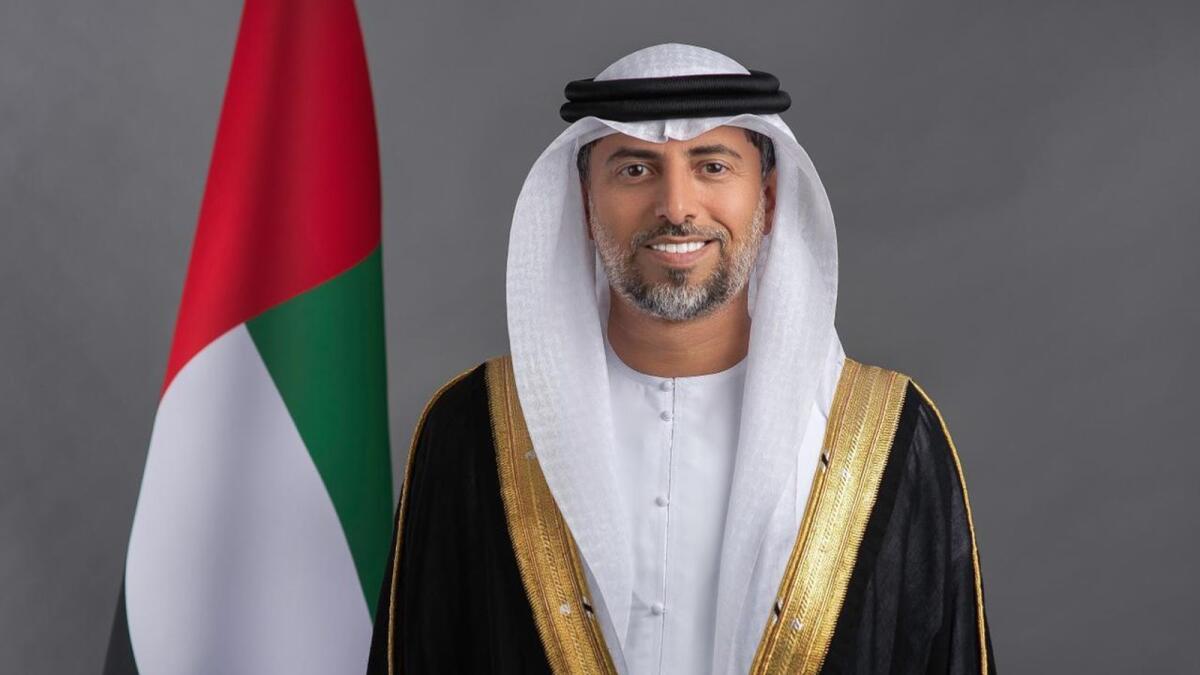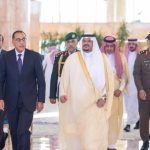The UAE is making significant progress in increasing the contribution of clean energy production to the total energy mix, with a target of 32% by 2030. This commitment is part of the UAE Energy Strategy, which aims to triple the installed renewable energy capacity by 2030. In 2023, the UAE achieved a 70% growth in installed renewable energy capacity, reaching 6.1 GW. The country has also made progress in renewable energy competitive indicators, moving up to the second spot in per capita energy consumption from renewable sources.
The UAE has invested over AED45 billion in new and renewable energy projects, showcasing its commitment to fostering investment in clean energy. Several key renewable and clean energy projects are currently underway, including the Mohammed bin Rashid Al Maktoum Solar Park, Dubai’s waste-to-energy project, and photovoltaic projects in Abu Dhabi. The UAE Energy Strategy 2050 is driving these initiatives, which aim to contribute significantly towards sustainable development.
The World Utilities Conference 2024 in Abu Dhabi will be a crucial event for sharing expertise and insights with global utility experts, showcasing cutting-edge technologies and solutions for sustainability and water security. ADNOC’s carbon management projects are at the forefront of the UAE’s climate strategy, focusing on carbon capture and storage technologies. The UAE has also secured the top spot in green hydrogen production competitiveness and ranks first in hydrogen market readiness in the Middle East and North Africa.
The Federal Energy Management Regulation in Industrial Facilities aims to cut energy demand in the industrial sector by 33% by 2050, enhancing air quality and reducing carbon emissions. The UAE Cabinet approved a policy in 2023 to regulate the energy services market, streamlining interactions between energy service companies, government entities, and the private sector with clear guidelines for energy efficiency projects. This policy aims to encourage private sector investment in energy and water conservation projects and support the National Energy and Water Demand Side Management Programme 2050.
The Ministry’s new policy aims to cut energy and water use in federal buildings by 25% and operational costs by 20%. With an investment of Dh500 million from the private sector and energy service companies, the policy covers 422 government buildings. The UAE is committed to accelerating its transition to clean and renewable energy, contributing to global efforts towards sustainability and environmental protection. The government’s focus on green technologies and energy efficiency is paving the way for a more sustainable energy future in the UAE.
















